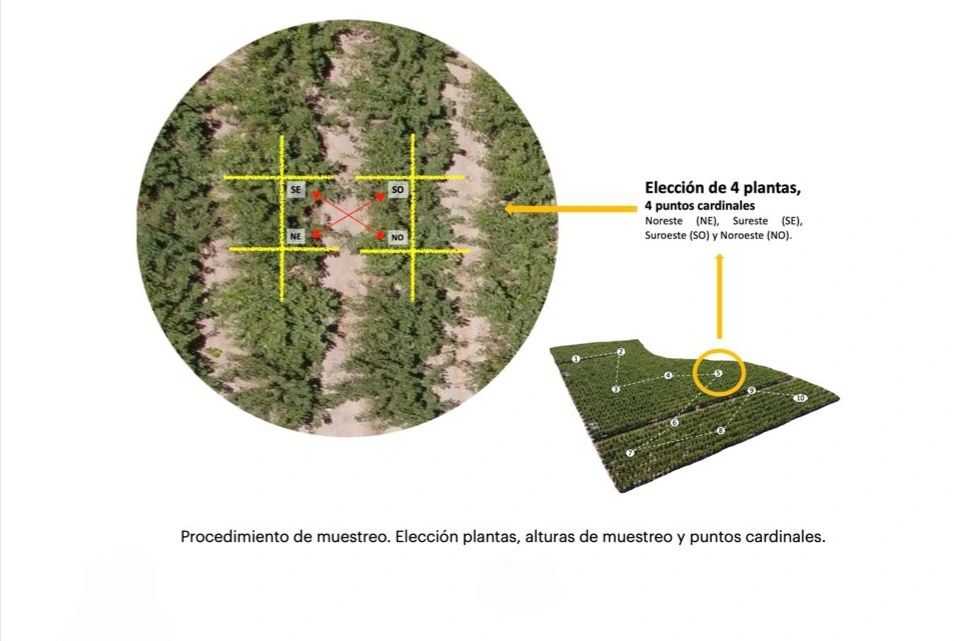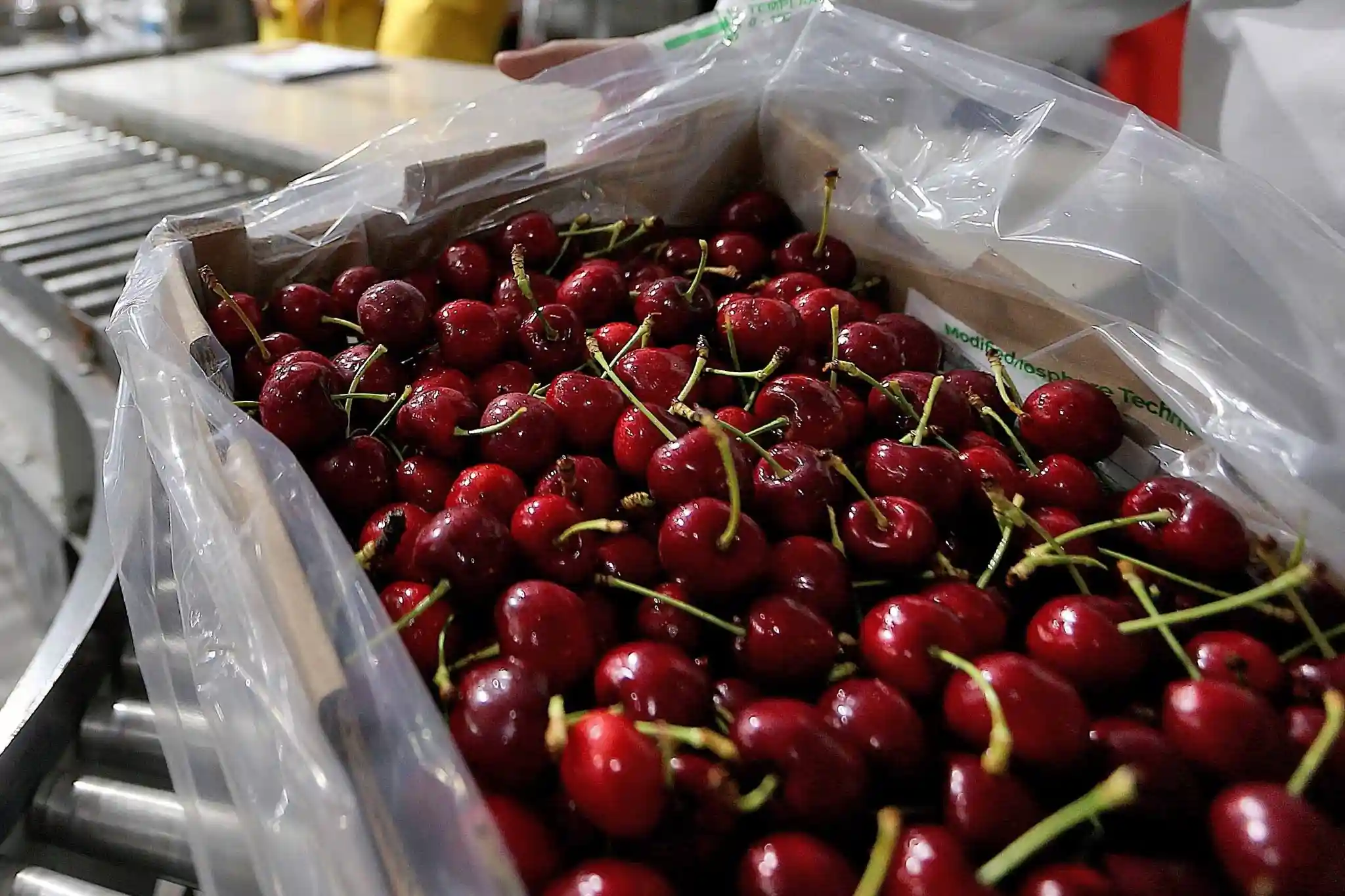The seminar “Phytosanitary Challenges in Cherry Trees: Problems and Solutions,” organized by the Dissemination Project and Transfer of the South Fruit Growing Center, was recently held at the Auditorium of the Colchagua Campus of the Universidad de O'Higgins, located in San Fernando (O'Higgins Region).
The day began with greetings from Claudia Jorquera, coordinator of the South Fruit Growing Center program, followed by the first presentation by Dr. Nicola Fiore, an academic and researcher from the Faculty of Agricultural Sciences at the University of Chile (UCHILE), who illustrated the implications of various viruses, the damage they can cause to a cherry tree, and the importance of prevention as the main form of management.
The event continued with a presentation by Dr. Alan Zamorano, assistant professor in the Department of Plant Health of the Faculty of Agricultural Sciences at UCHILE, who spoke about the bacteria present in cherry trees and how genomic studies can improve their detection.
Subsequently, the second block began with the presentation by Dr. Carlos Castañeda, academic, researcher, and director of the Nematology Laboratory of the Faculty of Agricultural Sciences at UCHILE.
The last presentation followed, given by Dr. Ernesto San Blas, an academic at the Institute of Agro-Food, Animal and Environmental Sciences (ICA3) of the Universidad de O'Higgins (UOH). This block was dedicated to nematodes, presenting basic information on the implications of the presence of parasitic nematodes in plants and entomopathogens.
According to Dr. Castañeda, the seminar was an excellent opportunity to discuss the challenges that parasitic nematodes pose in cherry orchards. He also emphasized that the interaction with the participants was enriching, adding: “I am convinced that this type of event is essential for disseminating the importance of phytosanitary issues that go unnoticed, integrating their relevance with the implementation of sustainable and effective agricultural practices.”
The following presentations were made (click on the title to download the presentation in Spanish):
Source: Diario Frutícola
Image: SL Fruit Service
Cherry Times - All rights reserved










